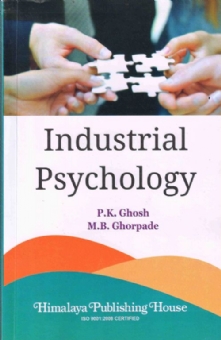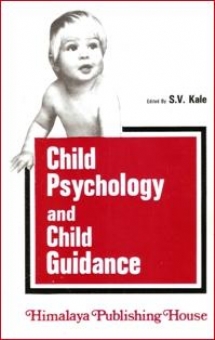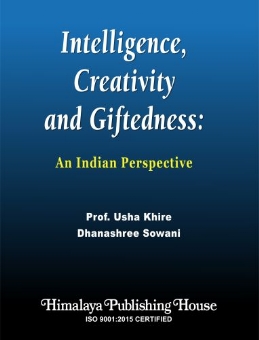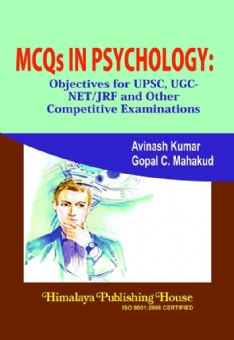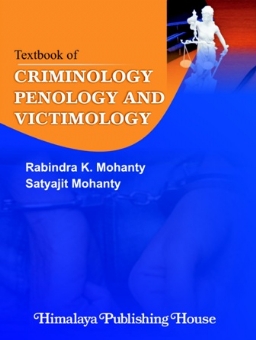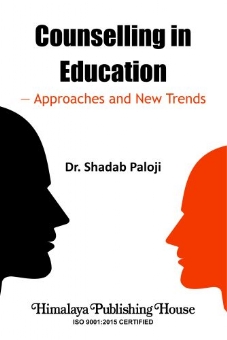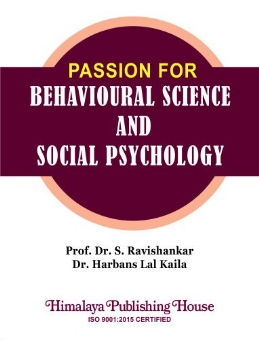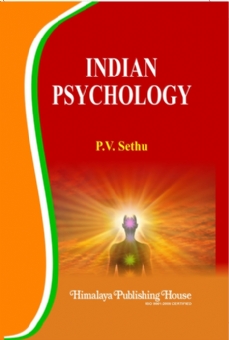Buy Academic Books Online in India | Second-Hand Academic Books
Featured Products
Counselling Skills for Manager - A Holistic Perspective
₹225.50
M.R.P.:₹ 275.00
You Save: ₹49.50 (18.00% OFF)
Intelligence Creativity and Giftedness: An Indian Perspective
₹205.00
M.R.P.:₹ 250.00
You Save: ₹45.00 (18.00% OFF)
MCQ in Psychology - UPSC, UGC - NET/JRF & Others
₹318.40
M.R.P.:₹ 398.00
You Save: ₹79.60 (20.00% OFF)
Textbook of Criminology, Penology and Victimology
₹562.12
M.R.P.:₹ 598.00
You Save: ₹35.88 (6.00% OFF)
Counselling in Education - Approaches & New Trends
₹135.00
M.R.P.:₹ 150.00
You Save: ₹15.00 (10.00% OFF)
Passion For Behavioural science and social Psychology
₹278.80
M.R.P.:₹ 340.00
You Save: ₹61.20 (18.00% OFF)



